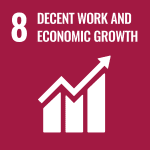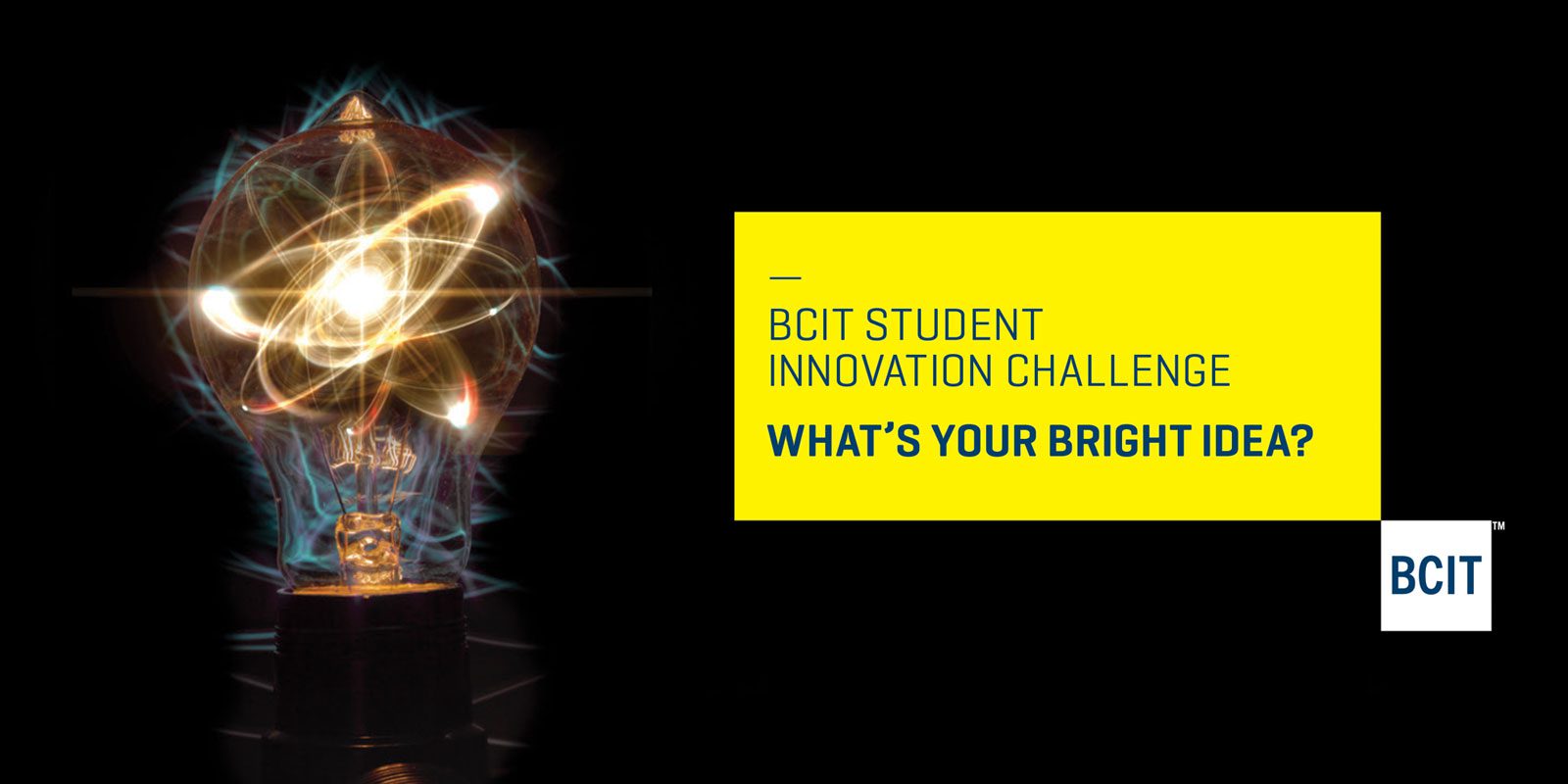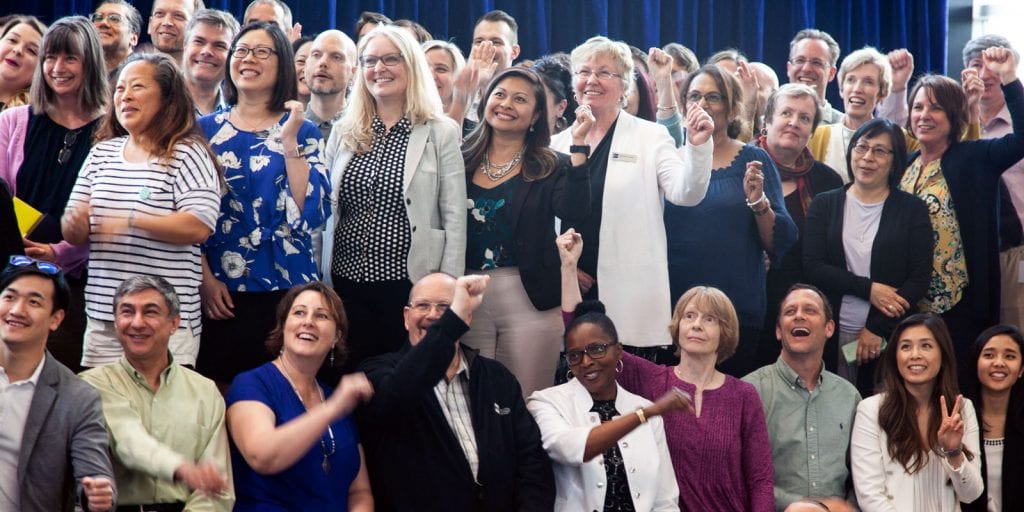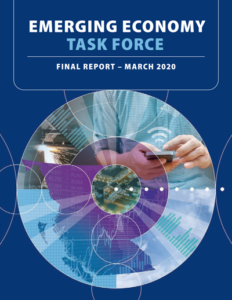
Decent work means opportunities for everyone to get work that is productive, delivers a fair income, provides security in the workplace, social protection for families, better prospects for personal development and social integration. It is also important that all genders are given equal opportunities and compensation in the workplace.
SDG 8 is closely tied to SDG 10: Reduced Inequalities, specifically to empower and promote the social, economic and political inclusion of all, irrespective of age, sex, disability, race ethnicity, origin, religion or economic or other status.
Education & Research
Related programs











